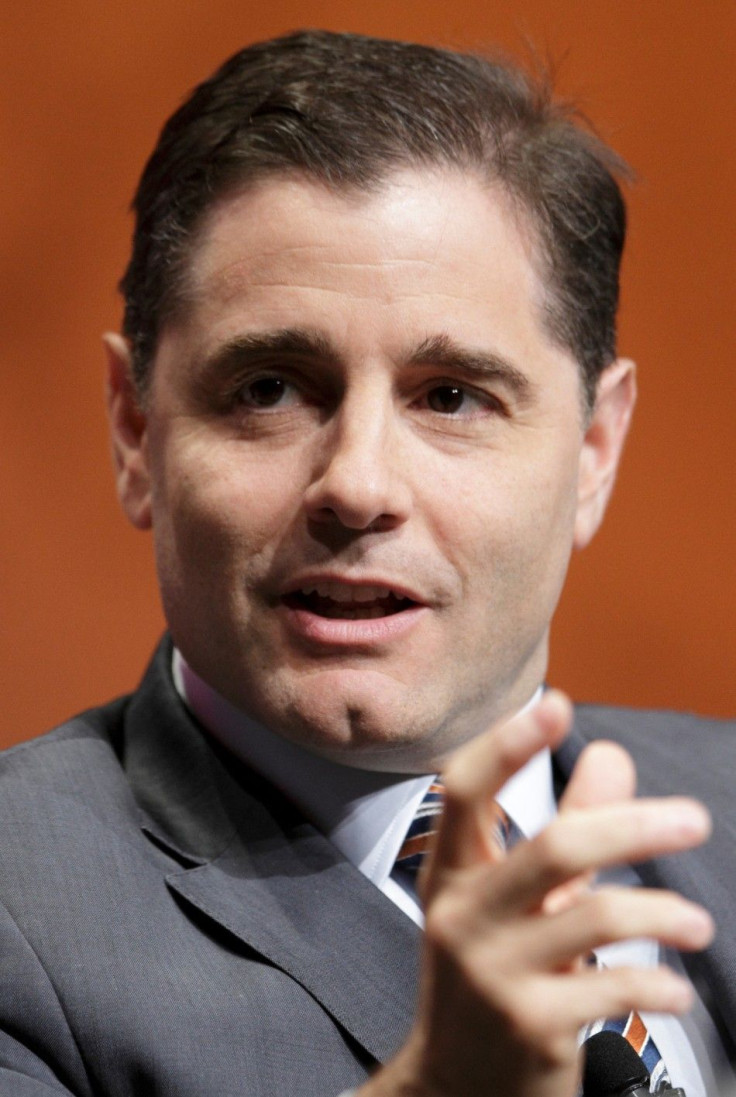FCC Slams AT&T's $39 Billion T-Mobile Bid, Questions Consumer Benefits

AT&T's challenged bid to acquire T-Mobile for $39 billion was dealt another blow when the U.S. Federal Communications Commission released a scathing report stating the wireless provider failed to prove that the deal is in the public interest.
The report was released Tuesday following AT&T's decision Nov. 24 to pull its merger proposal from the FCC in response to Chairman Julius Genachowsk's calling for a rare hearing on the deal. The wireless giant is already battling the U.S. Department of Justice in federal court over the merger. Trial is scheduled for Feb 13.
Merging AT&T and T-Mobile -- the No. 2 and No. 4 wireless providers, respectively -- to surpass Verizon Wireless as the top company raises competition concerns in the mobile wireless markets, the FCC said.
We conclude that [AT&T and T-Mobile] have failed to meet their burden of proof to show that the proposed transaction is in the public interest, the FCC's draft staff analysis said. Harm to competition could take the form of an increase in price (or a reduction in the rate of price decline), a reduction in output or service quality, or a reduction in the rate of new product development or other innovation.
Jim Cicconi, AT&T's senior executive vice president, said in a statement the FCC's decision to release the report after the merger proposal was pulled from the commission was troubling. He also noted that the report was never made available to Dallas-based AT&T.
It is simply a staff draft that raises questions of fact that were to be addressed in an administrative hearing, a hearing which will not now take place, Cicconi said. It has no force or effect under law, which raises questions as to why the FCC would choose to release it.
FCC Commissioner Michael J. Copps, a Democrat first appointed by President George W. Bush, welcomed the decision to pull the merger application. Copps said the merger would create a duopoly, placing about 75 percent of the wireless market in the hands of two companies.
That type of consolidation -- in a market already overly consolidated -- deserves the close, hard look that our FCC staff has given it, he said.
AT&T has defended the deal as a boon for consumers and boasted that more than 97 percent of Americans would have access to fast 4G service, even in rural areas. AT&T also promised the merger would create new jobs and lower wireless industry prices.
But these benefits were sharply challenged in the FCC report. AT&T and T-Mobile, a subsidiary of Deutsche Telekom that operates from Bellevue, Wash., failed to show that savings and benefits from the merger would be passed on to consumers, the report said.
According to the report, AT&T and T-Mobile's economic model for lower industry prices is flawed in terms of its structure and input assumptions, ignores several potential competitive harms and makes simplistic assumptions about the structure and conduct of the wireless industry.
Shares of AT&T rose nearly 3 percent to $28.82 in Wednesday trading, while Deutsche Telekom's ADRS rose nearly 6 percent to $12.98. Shares of New York-based Verizon Communications, which owns the majority of Verizon Wireless, rose 2.4 percent to $37.51.
© Copyright IBTimes 2025. All rights reserved.





















